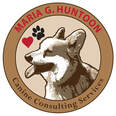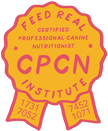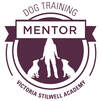I’ve consulted with my veterinarian friend, Dr. Alisha Selzner of Companion Pet Hospital in Fishkill, NY, for her insight on some of these deadly substances…
IN YOUR HOME AND YARD:
PLANTS/GARDEN: Many common flowering and non-flowering plants can be toxic to our dogs if eaten – either in part (the seeds/pods, flowers, leaves, bulbs, or roots) or the entire plant. Sure, they look pretty! But please do not leave your dog unattended in a home or yard with the following plants. Even if you don’t think your dog will eat the plants, remember – dogs will find ways to entertain themselves if they are bored, frustrated, curious or stressed. Don’t let this be a deadly mistake!
For a complete alphabetical list, check out the ASPCA: Animal Poison Control Center’s website at https://www.aspca.org/pet-care/animal-poison-control/dogs-plant-list. They also provide lists of plants toxic to cats and horses, as well as a list of safe plants. In the event that your dog IS suspected of ingesting one of these substances: Dr. Selzner advises to “always call your veterinarian immediately. Do not take a ‘wait and see approach.’ Even if your dog only ate a small amount of a suspected toxin, it is best to speak with a professional. Ingestion of two milk chocolate chips may only cause an upset stomach, while ingestion of two grapes or raisins could lead to something as significant as kidney failure.” Even after-hours, please call a veterinary emergency clinic, the ASPCA National Animal Poison Control Center at 1-888-426-4435, or the Pet Poison Helpline at 1-855-764-7661 (fees apply). Your veterinarian or emergency clinic may still recommend calling the hotline either before bringing your pet in, or once you arrive at the office, as the veterinarians on call with these hotlines specialize in toxicology. Can you induce vomiting on your own? “While the induction of vomiting may be the first and a very important means of treatment for your dog, there are some chemical substances or foreign materials where vomiting could cause damage to the esophagus,” warns Dr. Selzner. Your veterinarian or poison control center helpline will be able to advise you appropriately based on the ingested substance. Lastly, Dr. Selzner notes: “Many toxin exposure cases will require induction of vomiting, decontamination (oral administration of a substance called activated charcoal) to help coat the stomach and limit the amount of the toxin absorbed through the stomach and intestinal walls, intravenous fluid therapy, medications, and close monitoring. It’s important to begin this process as soon as possible, so don’t hesitate to call your veterinarian if you suspect that a toxic substance has been ingested.” To prevent the possibility of poisoning, Dr. Selzner advises:
2 Comments
Wow! There's a lot covered here. Thank you for explaining in simple terms how important these safety steps are. I've been manufacturing natural cleaning products for years. Toxins in common household products is something to really pay attention to. The food cautions are very helpful - thank you!
Reply
Maria Huntoon
5/31/2017 05:40:30 pm
Thank you, Ann! I'm glad you found the article helpful, and that's wonderful that you manufacture natural cleaning products! You're right, there are way too many items out there on the store shelves that are full of chemicals and other harmful ingredients. Thank you for presenting a safer option!
Reply
Your comment will be posted after it is approved.
Leave a Reply. |
AuthorMaria Huntoon, CBCC-KA Archives
April 2020
Categories |
Telephone845-549-0896
|
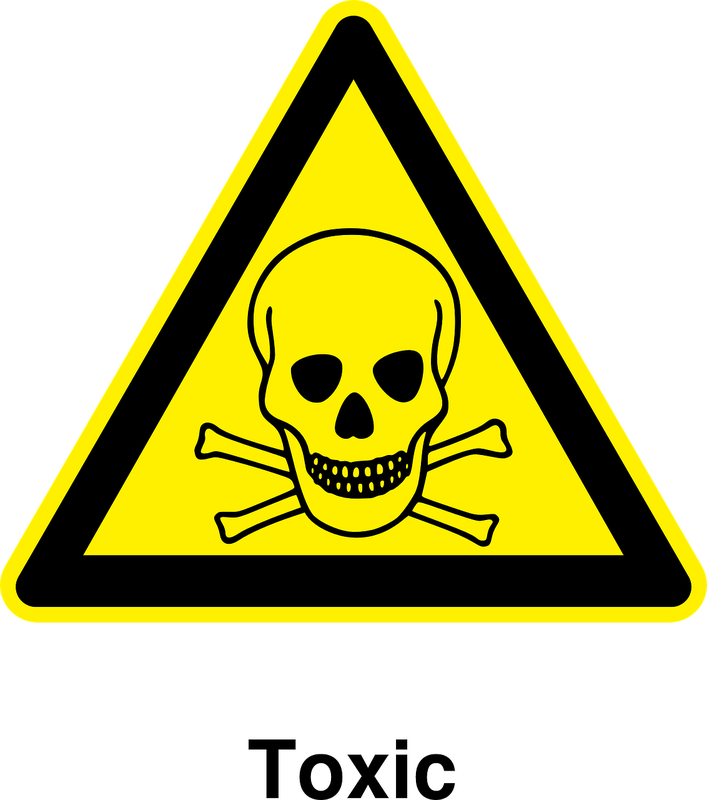
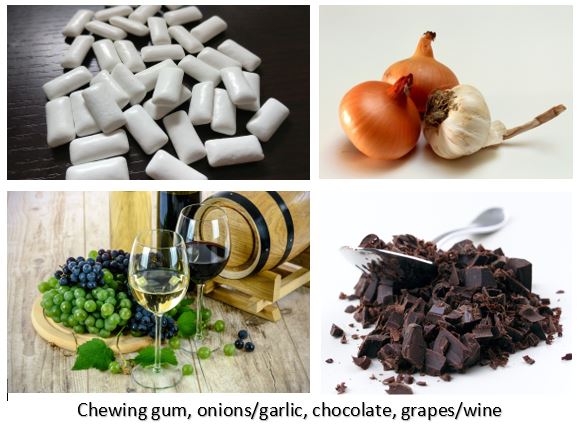
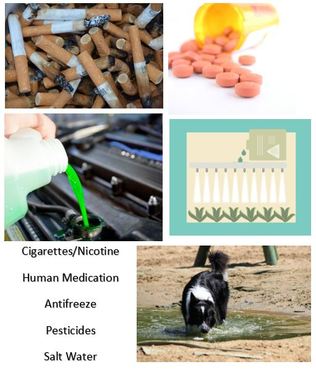
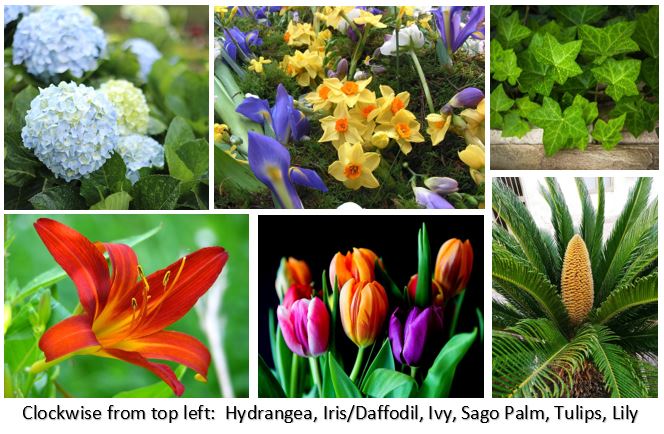

 RSS Feed
RSS Feed
